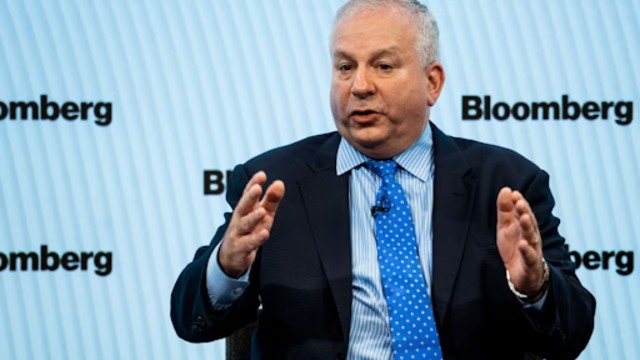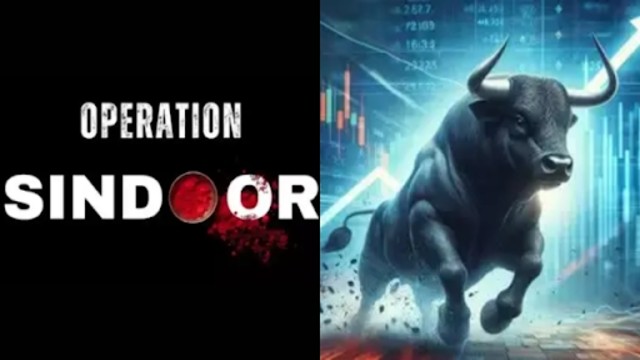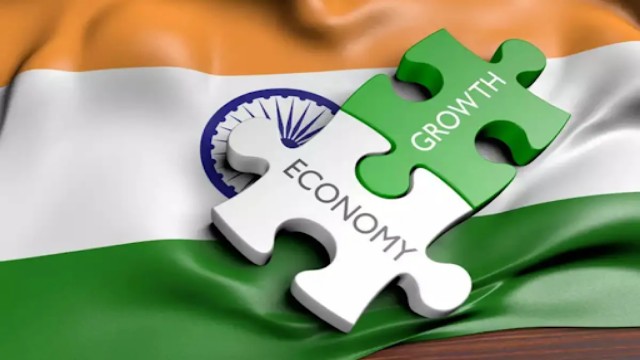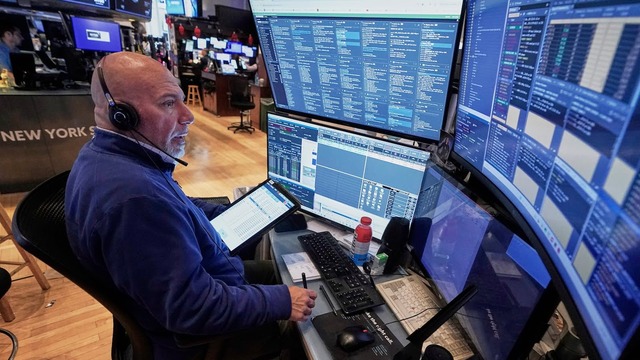
David Rosenberg, founder and president of Rosenberg Research, gives his take on the markets as concerns grow over Trump's tariff threats and their impact on the global economy.
Renowned Canadian economist David Rosenberg has sounded the alarm over Donald Trump’s proposed trade policies, warning that they could plunge the global economy into recession. Speaking to BNN Bloomberg, Rosenberg stressed that if Trump follows through with his tariff threats, the consequences could be severe.
A Risky Trade Strategy
Since taking office, Trump has repeatedly targeted key trading partners, including Canada, China, and Mexico, with promises of hefty tariffs. His aggressive stance has injected significant uncertainty into global financial markets. According to Rosenberg, the unpredictability surrounding U.S. trade policies is at unprecedented levels.
“We always deal with some level of uncertainty in financial markets,” he explained, “but right now, it’s extreme. This is an uncertain world on steroids.”
He attributed most of the market instability to the erratic trade policies emerging from the White House. “I’d pin almost all of it on these trade threats,” he added.
Markets Remain Strong—For Now
Despite the trade turmoil, U.S. stock markets continue to thrive. The S&P 500 remains close to record highs, suggesting that investors are either dismissing or underestimating the risks.
Rosenberg, however, believes that the stock market is dangerously overvalued. He warned that investors are overlooking the real risks tied to an unpredictable trade environment.
“You have an equity risk premium (ERP) in the U.S. at zero,” he noted, referring to the additional return investors usually demand for holding stocks over safer assets like Treasury bills. “That means the market is treating stocks as if they carry no risk at all, which is unrealistic.”
A Dangerous Path Ahead?
Historically, financial markets have gone through similar cycles of overconfidence, Rosenberg noted. While the current optimism may seem rewarding, he cautioned that such situations often end badly.
“This isn’t the first time we’ve seen markets behave this way,” he said. “Investors enjoy the ride while it lasts, but when it ends, the fallout can be severe. An ERP at zero is a flashing danger sign.”
He fears that if Trump’s trade policies are implemented as promised, they could create the conditions for a global economic downturn—one that policymakers may not be prepared to handle.















